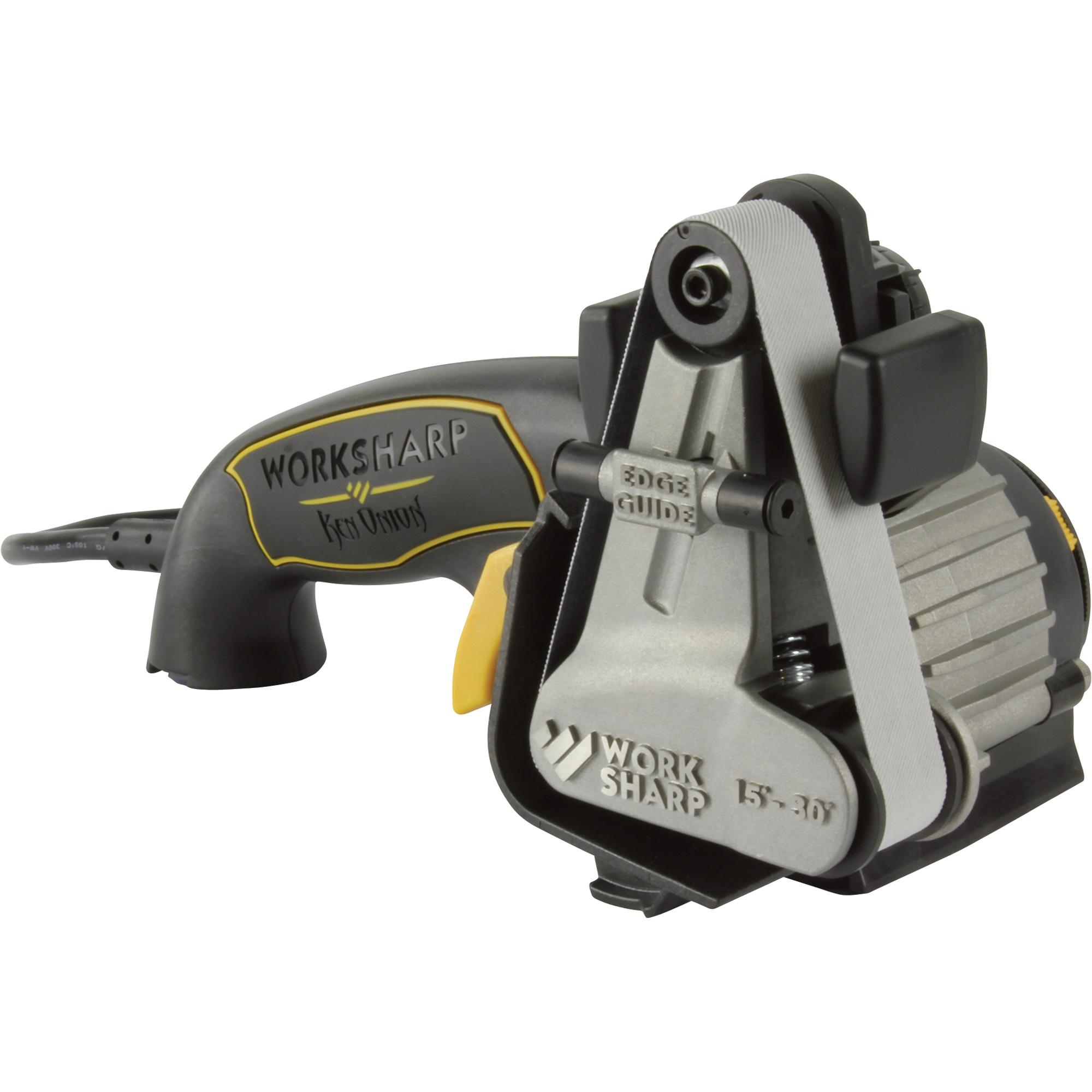I've tried several
sharpener guides and rotary drill sharpeners.
When I found the Granberg bar mounted sharpener it did a better job (professional quality) than anything I had tried before. I highlighted the small numbers for angle and tilt. That helps a lot.
With any tool, there is a learning curve but very soon set up becomes second nature.
Half the time I don't adjust the depth gauge and just file equal passes for each tooth.
Also, I reshaped a used chain for ripping with my Alaskan chainsaw mill using the Granberg sharpener.
I think it was 5 degrees and the same 10-degree tilt. Worked very well and quick to make. Although I would not reconfigure a brand new chain. Only cut Oak, Cherry and very hard Maple with the homemade chains. They work! If I find some pine I will know how fast I can rip boards as Oak can really slow you down.







